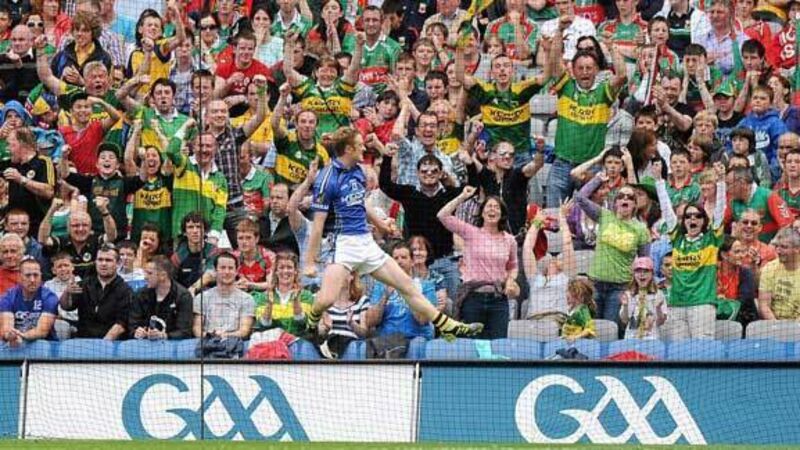Colm Cooper had nothing more to prove to anyone

IN THE summer of 2001 Johnny Crowley was playing football of such a high order that the mention of his name would automatically trigger that of John Egan.
If Mike Frank Russell’s finesse and finishing made him the then equivalent of Mikey Sheehy, then Crowley’s game and form was reminiscent of Sheehy’s great compadre, a man that introduced the rest of the world to the existence of a place named Sneem.












